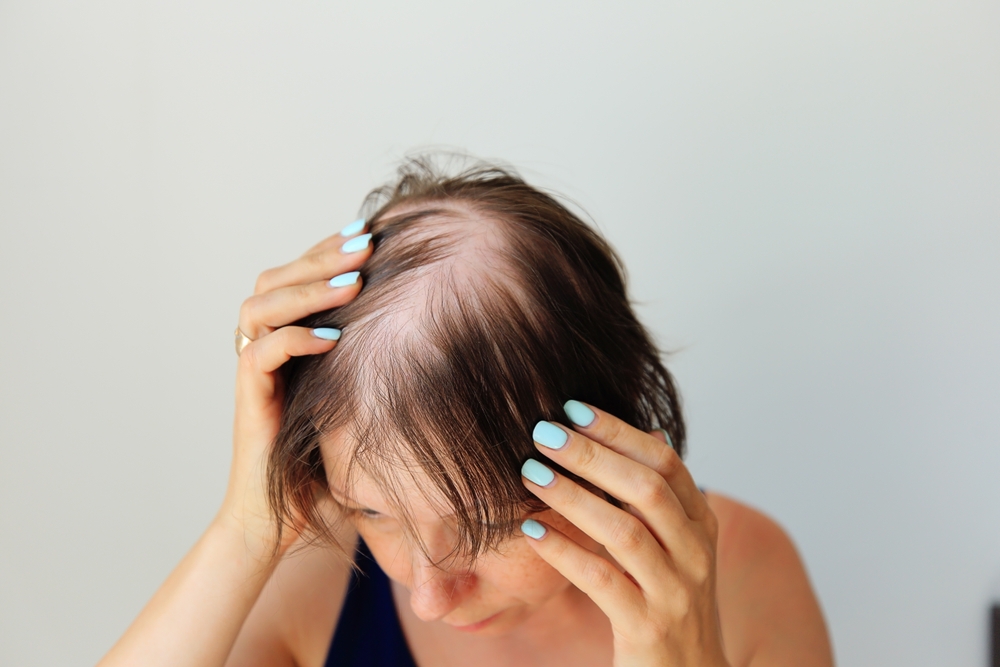
Alopecia Areata: Causes, Symptoms, And Treatment
Introduction:
When hair loss involves a small part of the body, it is called alopecia areata. Other forms of alopecia include alopecia universalis which means hair loss throughout the body and alopecia totalis, which means losing all hair on the head/scalp.
Who can be affected by alopecia areata?
Alopecia areata is equally seen in men and women. In fact, it can occur to anyone. Although there is a slightly higher chance if any of your close relatives have the condition or other autoimmune disorders like psoriasis, diabetes, thyroid disease, or lupus. Sometimes, emotional and stressful situations like an illness may act as a trigger.
What are the symptoms of alopecia areata?
Hair loss typically begins when your immune system starts attacking hair follicles and the hair starts falling out. It usually begins with a sudden loss of hair over a coin-sized area with a round or oval shape. Usually, small broken hairs that are narrower at the base (that look like exclamation marks) are seen in the surrounding area. The skin usually looks normal and not inflamed. Some people may experience discomfort in the area before the hair starts to fall off.
Nails may show changes with ridges and pits in some people with extensive hair loss.
What happens if the area is left by itself?
What happens to a patch of hair loss depends on the situation and the individual. In some cases, the hair regrows in a few months, although it may start as fine hair before it gains color and thickness. In some people, more patches may start forming. And they may join together to larger areas of hair loss.
Usually, the chance of hair regrowing is considered high if the hair loss is limited, the person is older when the condition first appears, there are no changes in the nails, and no history of the condition in the close family.
Can alopecia areata be treated?
Alopecia areata spontanously resolves in most of the cases but may also persist in some.
Patient is counselled to avoid stress which is the most important aggregating factor. There is no definitive teatment available for alopecia areata in general. Oral vitamin D, Zinc and local application of corticosteroids and minoxidilhave shown results inregrowing hair in lost patches.
How to cope with alopecia areata?
Having a patch of hair falling off from your scalp or face can be emotionally troubling, especially since it is hard to avoid getting attention. It is important to understand that a cosmetic change does not affect who you are, what you can do, or how people see you. People who start avoiding interaction sometimes start slipping into depression. While you must do everything in your power to keep it under control or treat it when it occurs, worry can only increase your stress and your body’s inflammatory response, and perhaps, even increase your alopecia. Cosmetic methods to cover up the area of lost hair are a good solution to explore.

